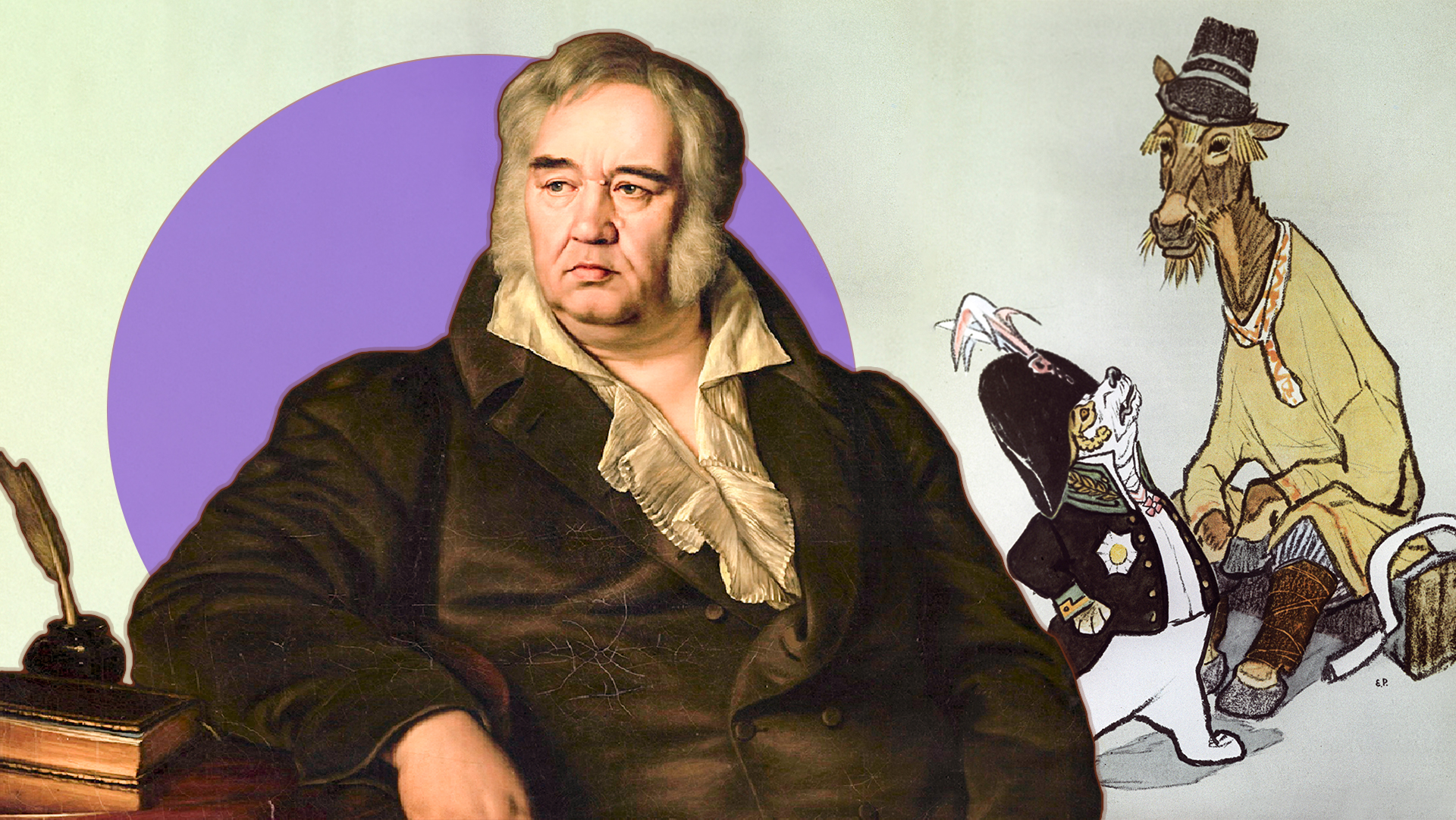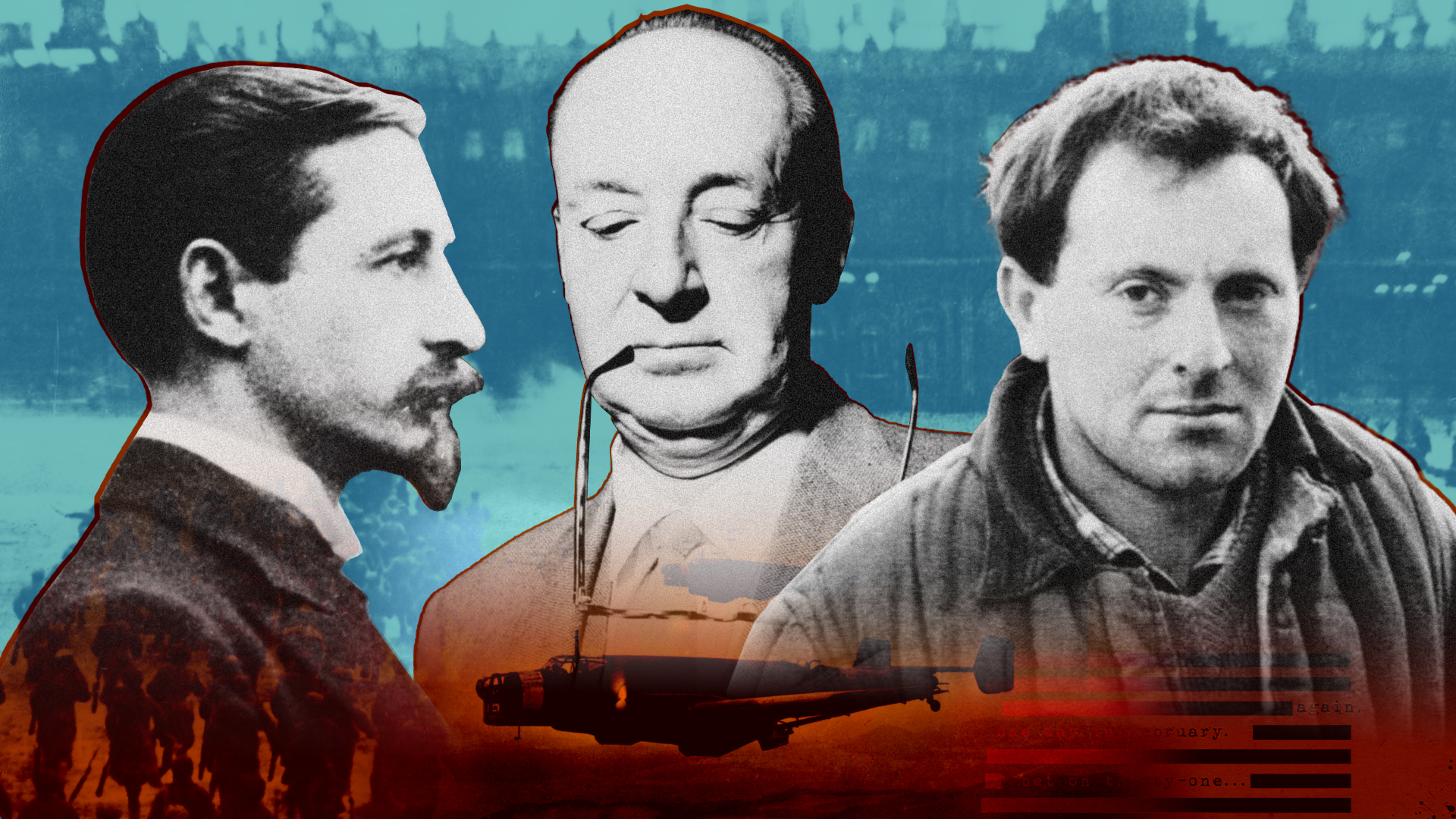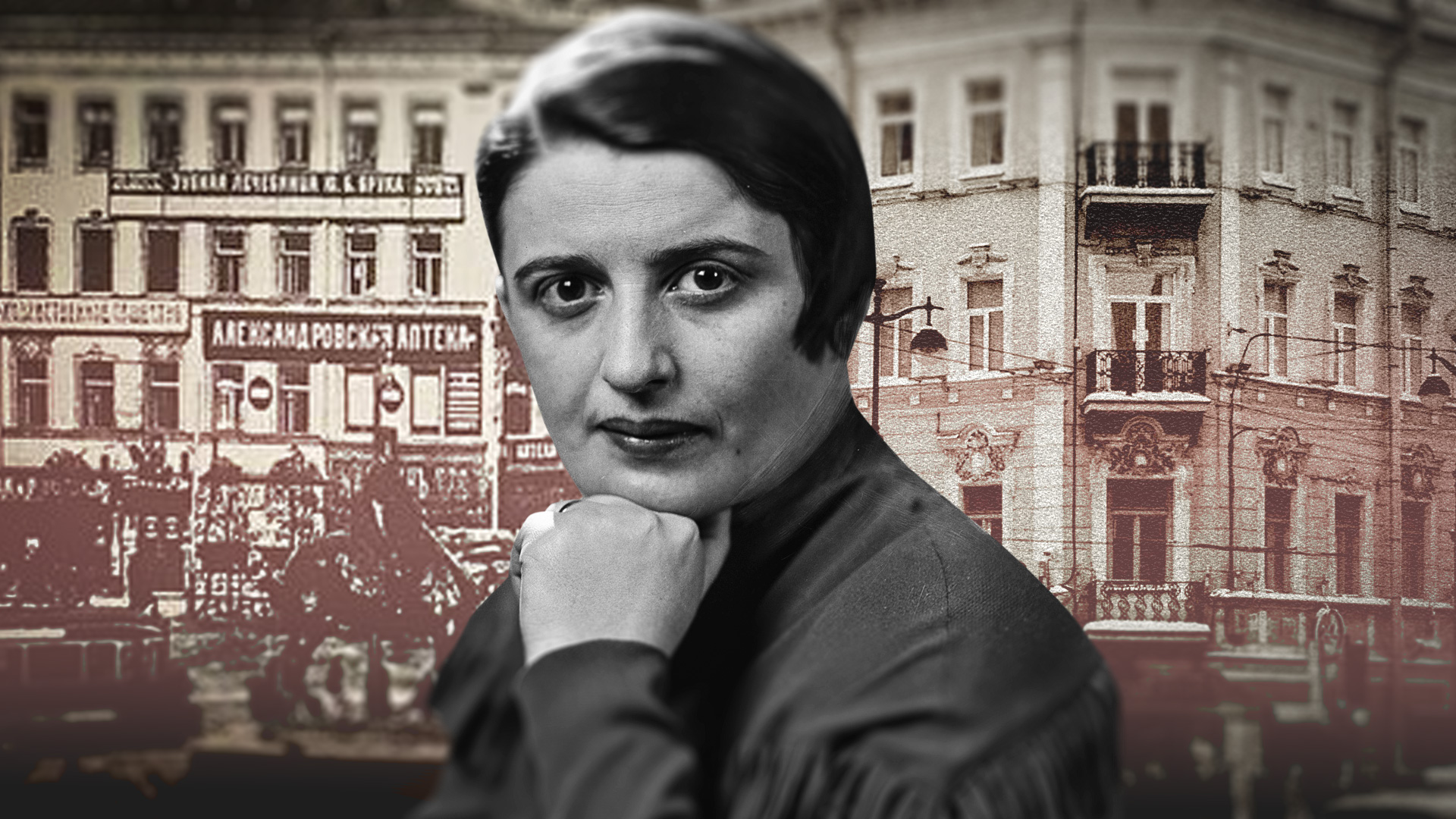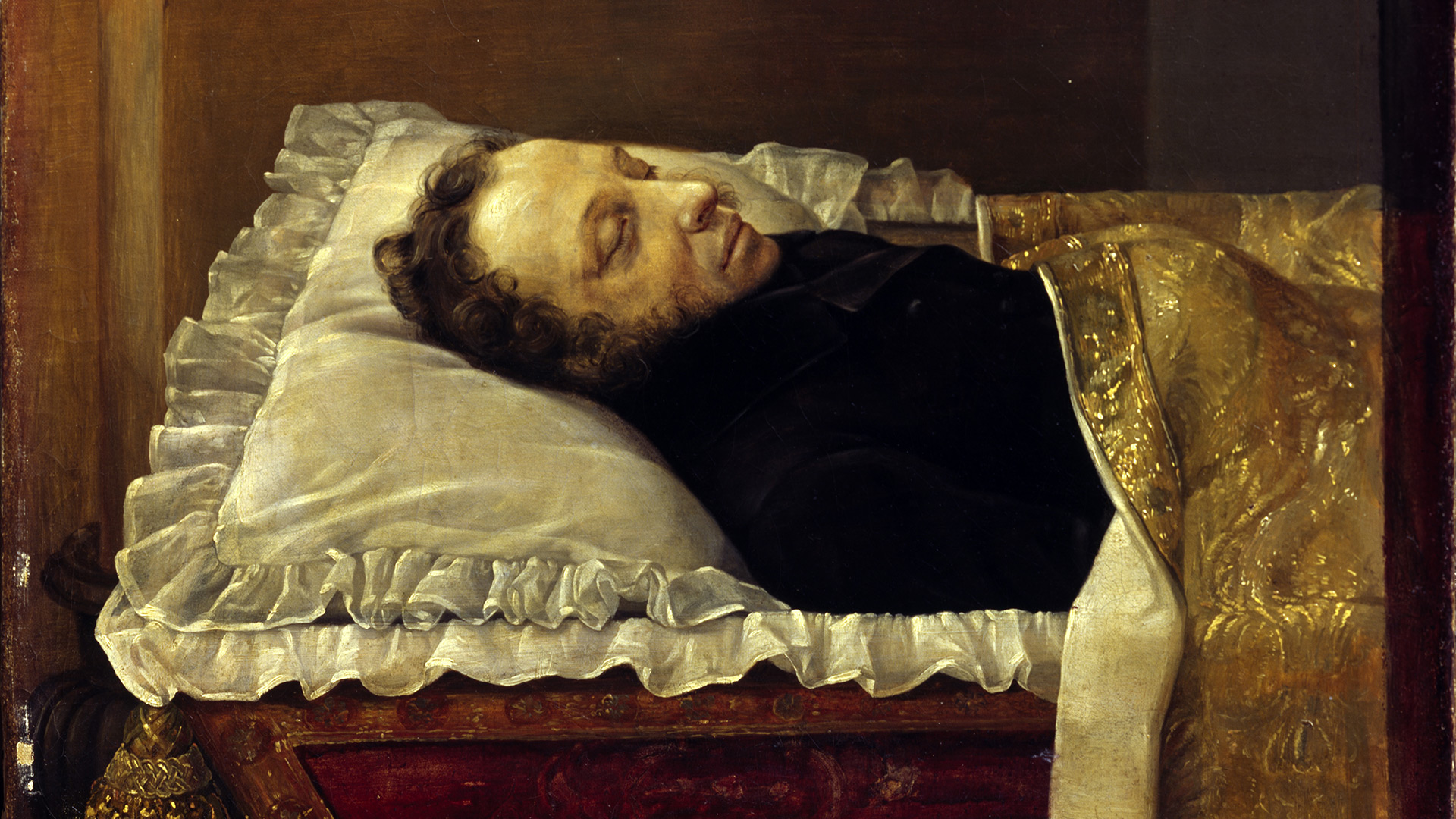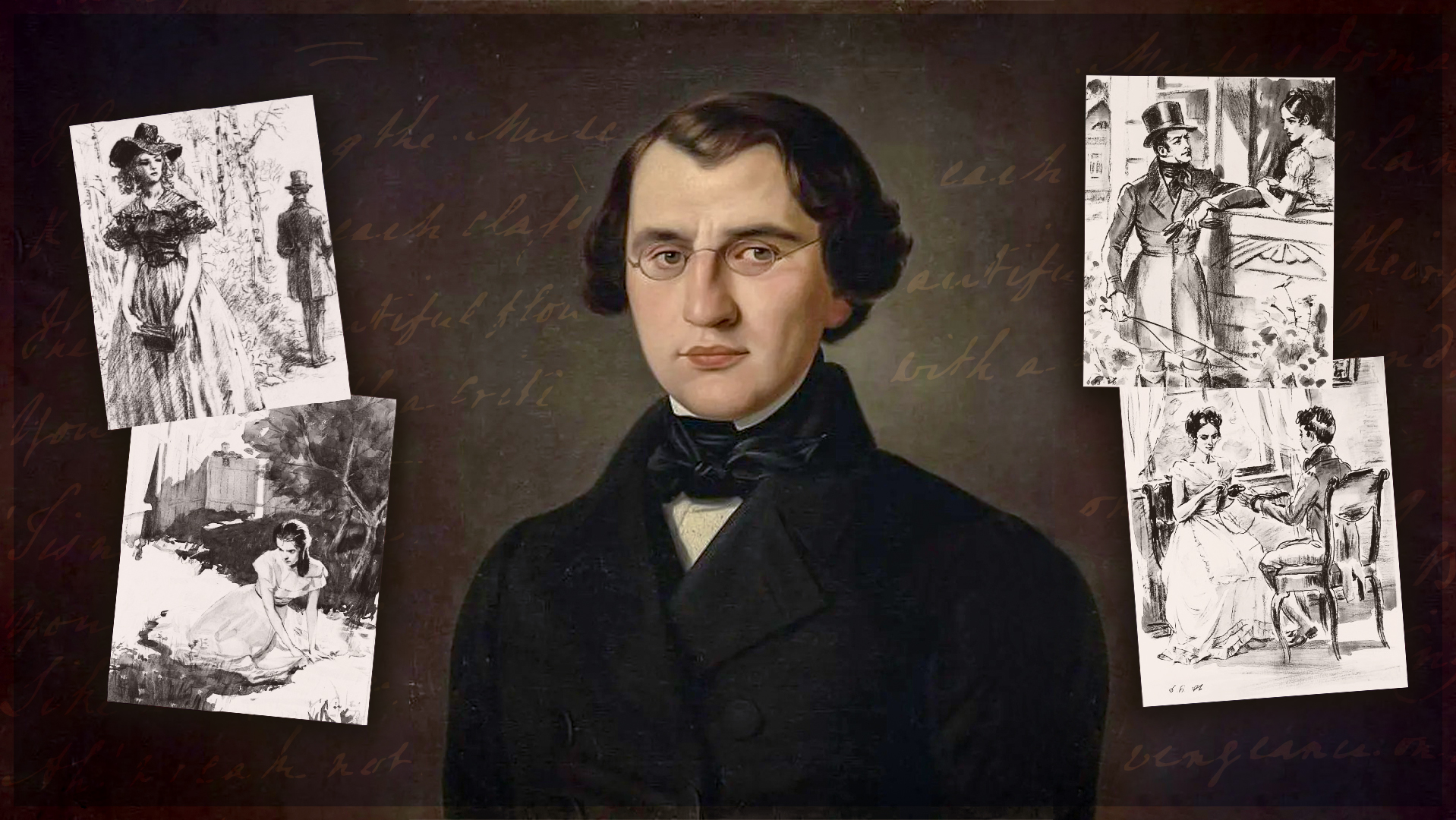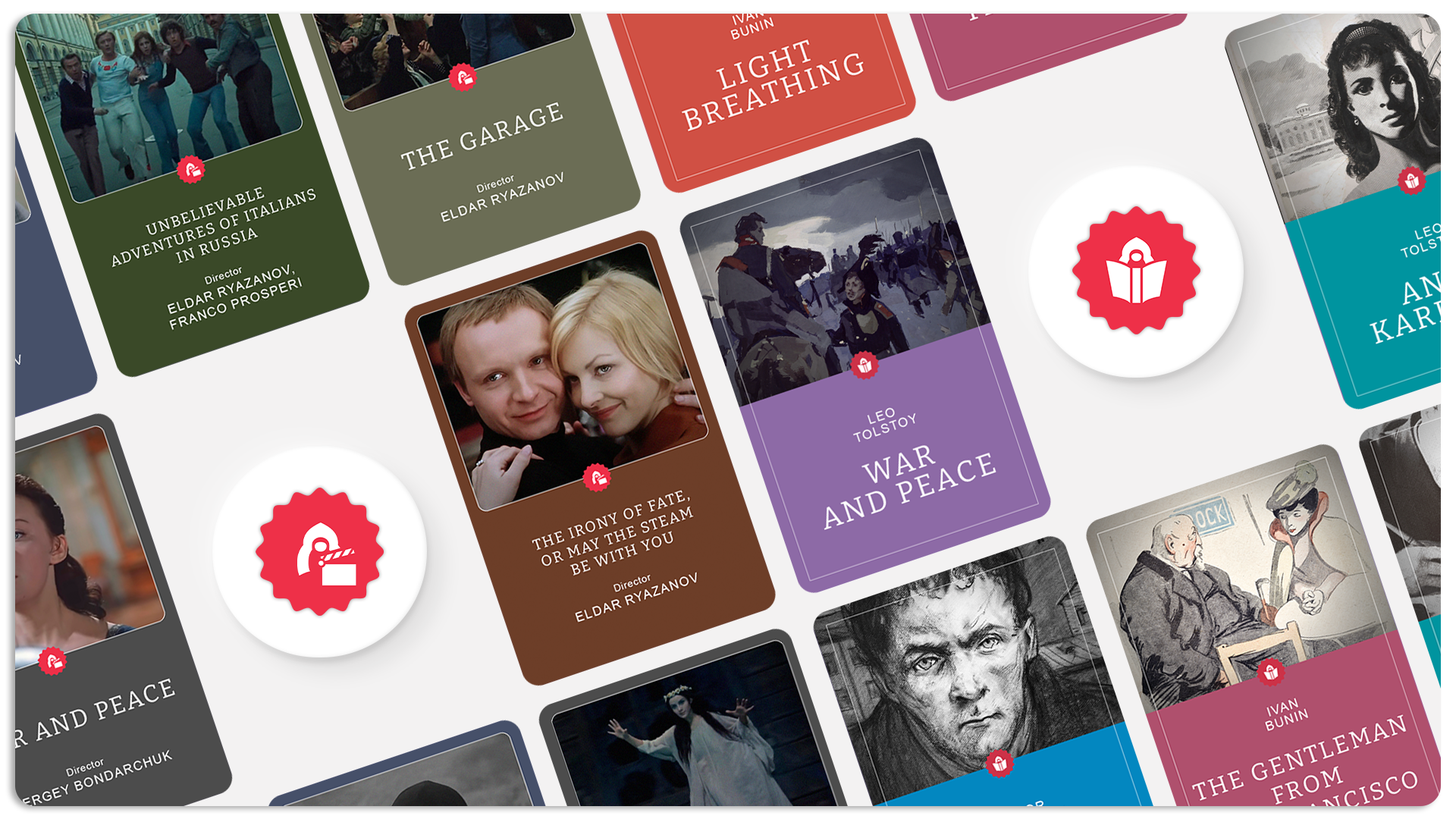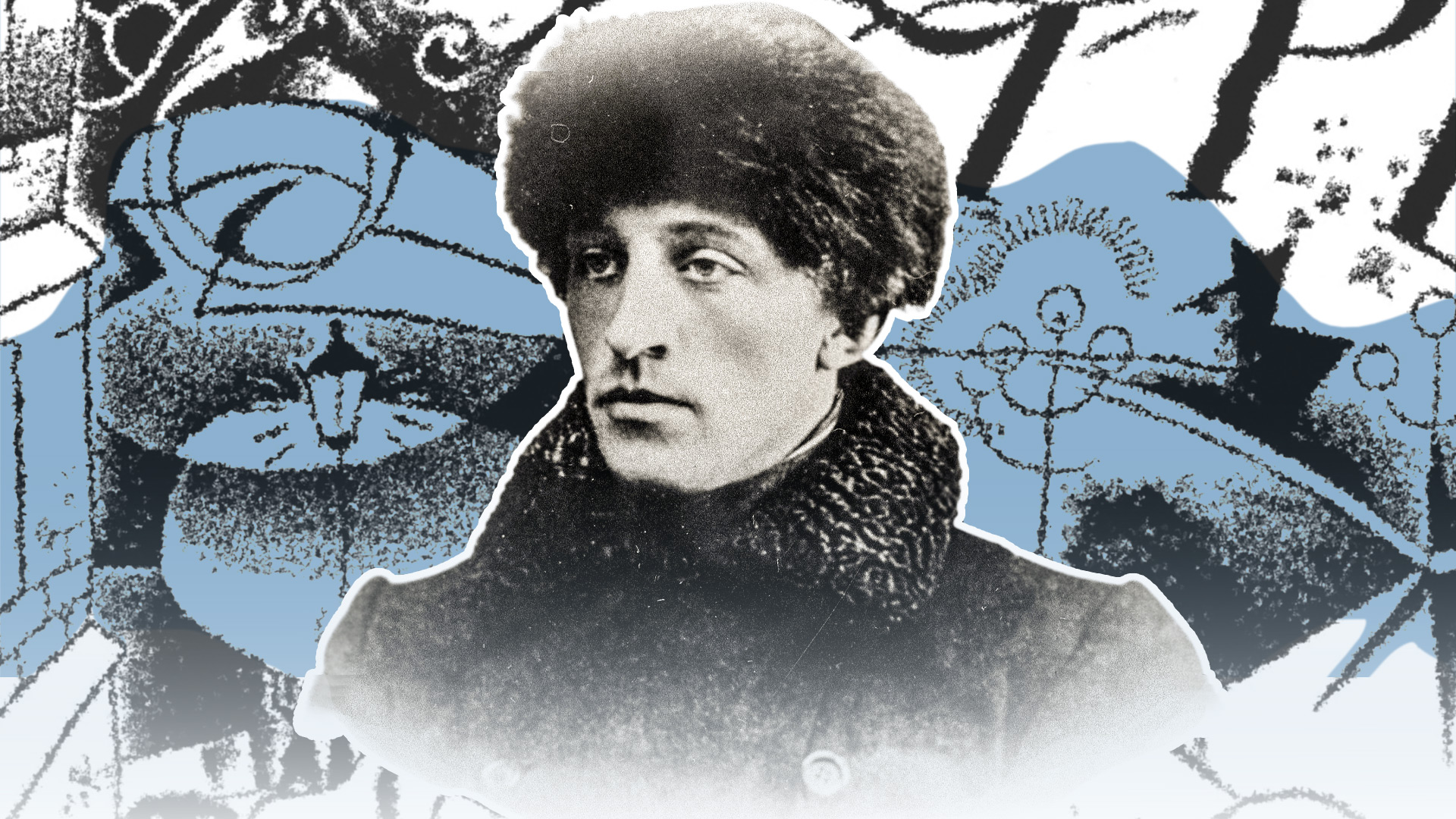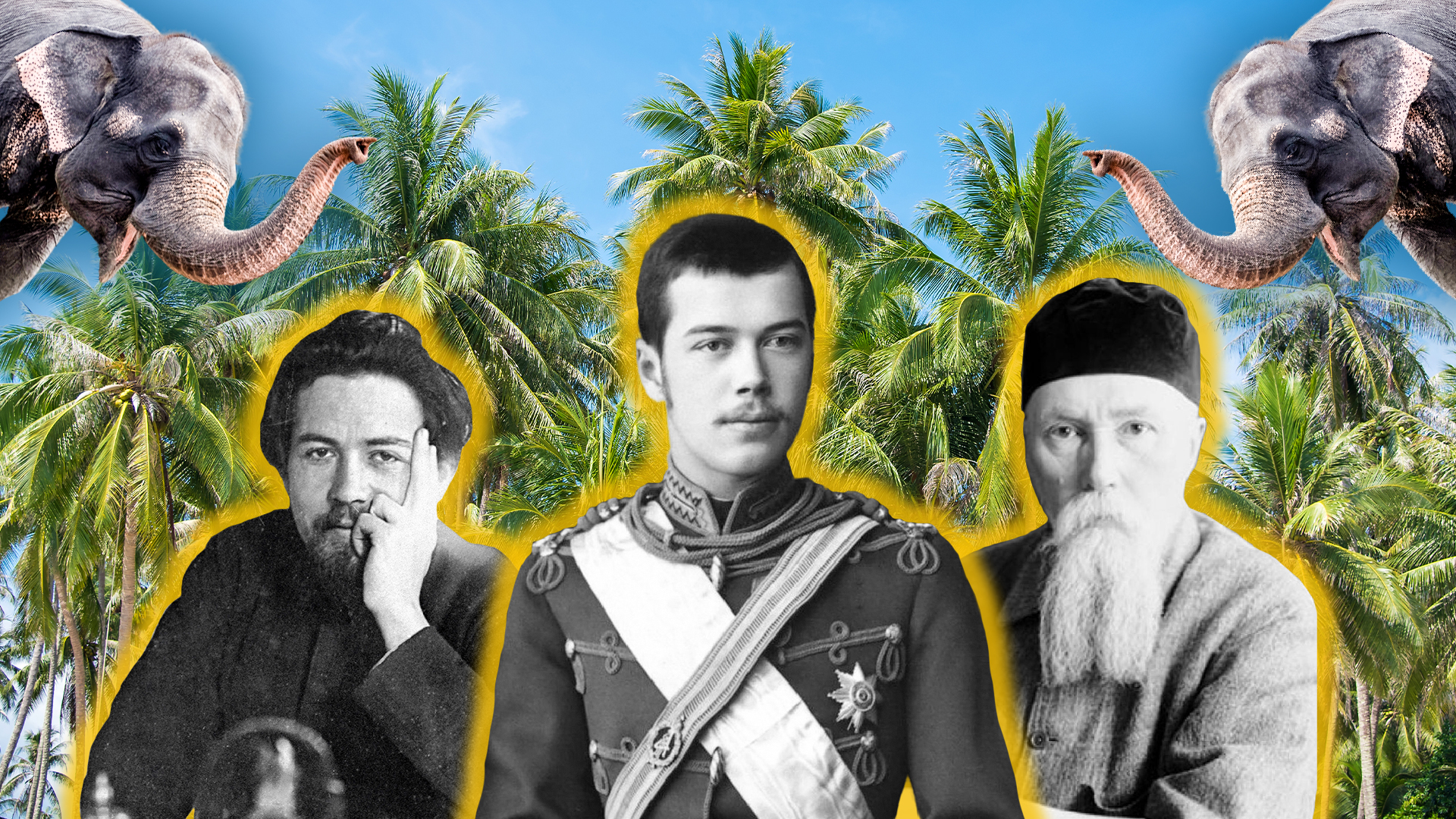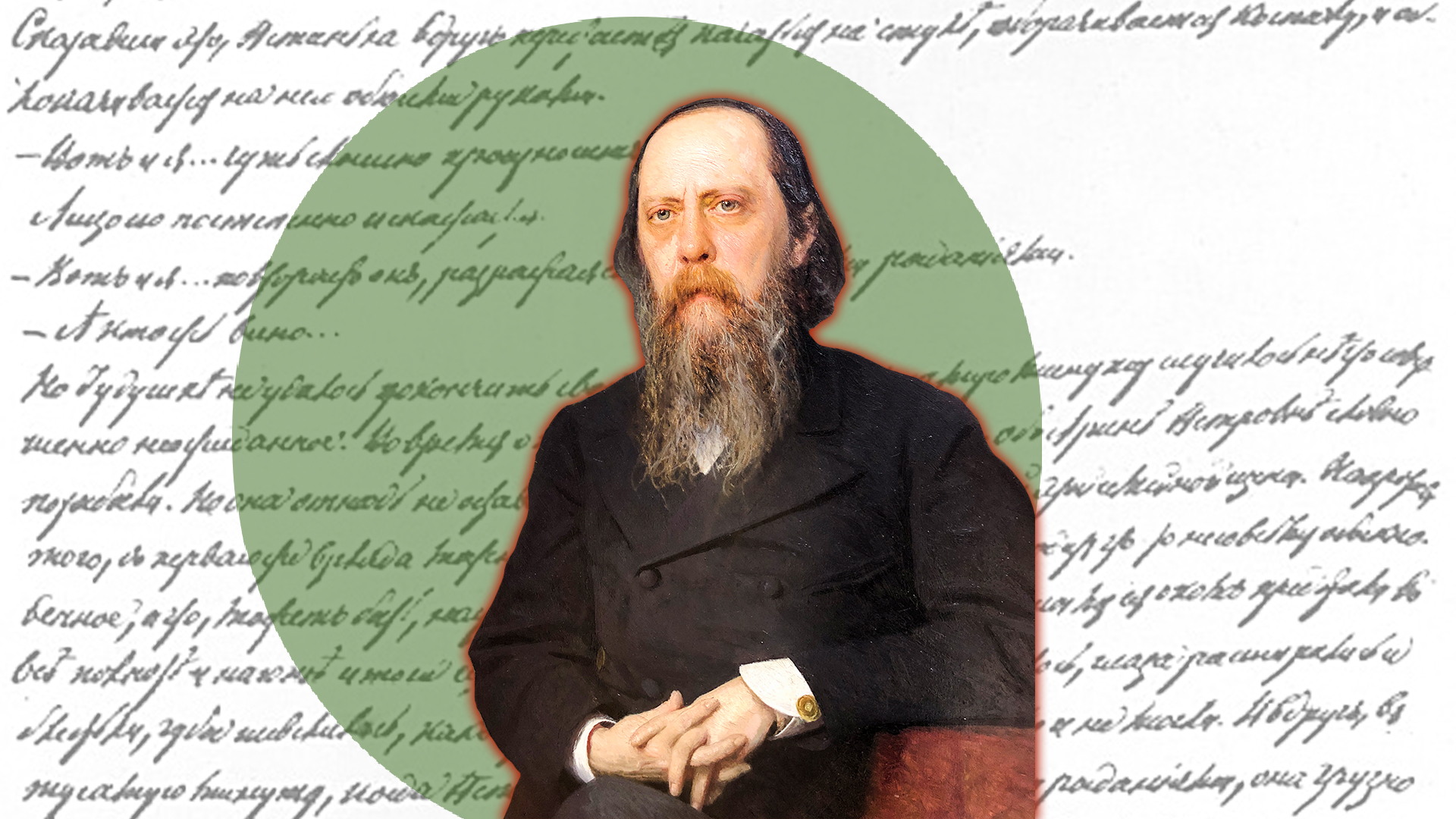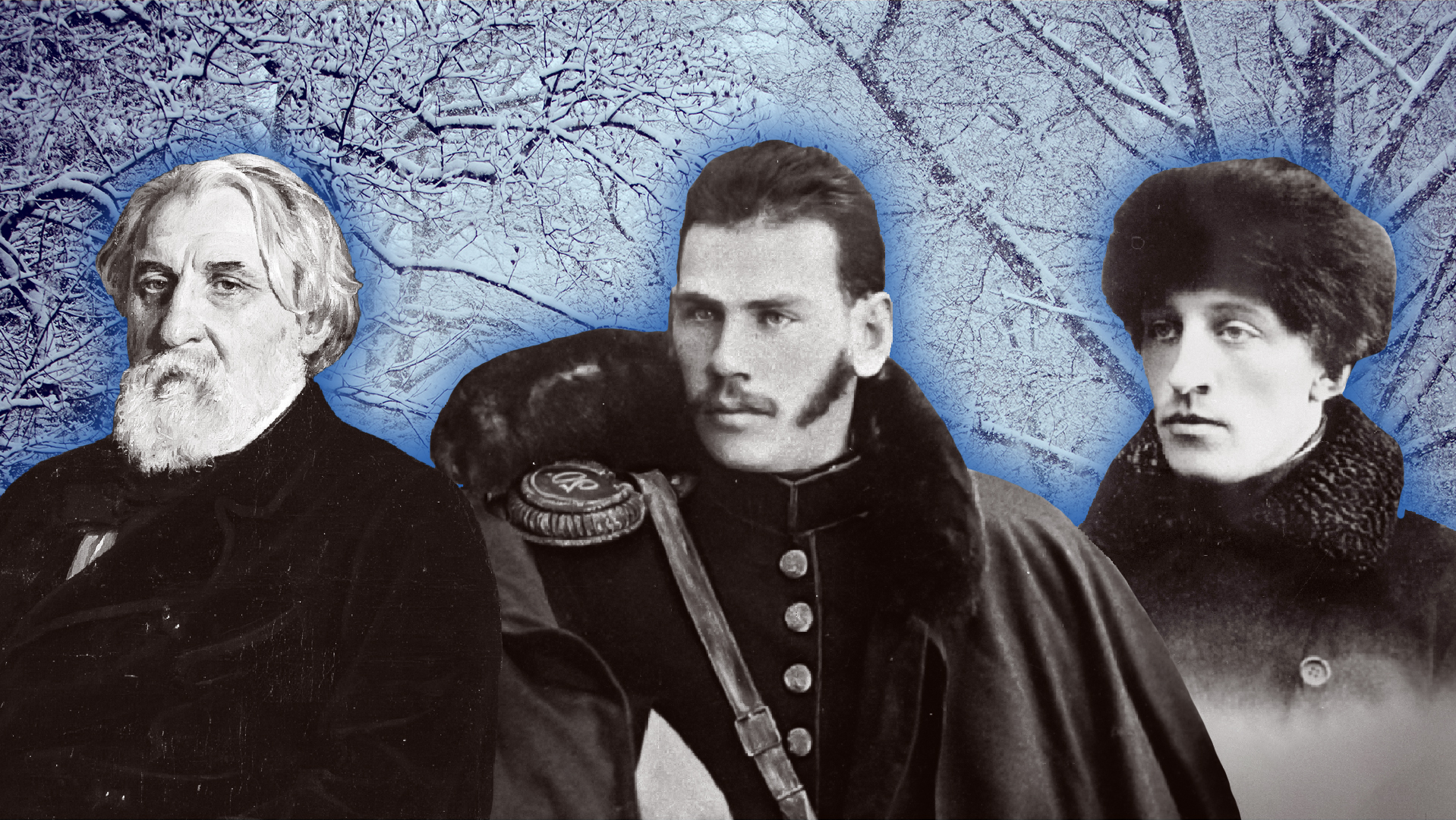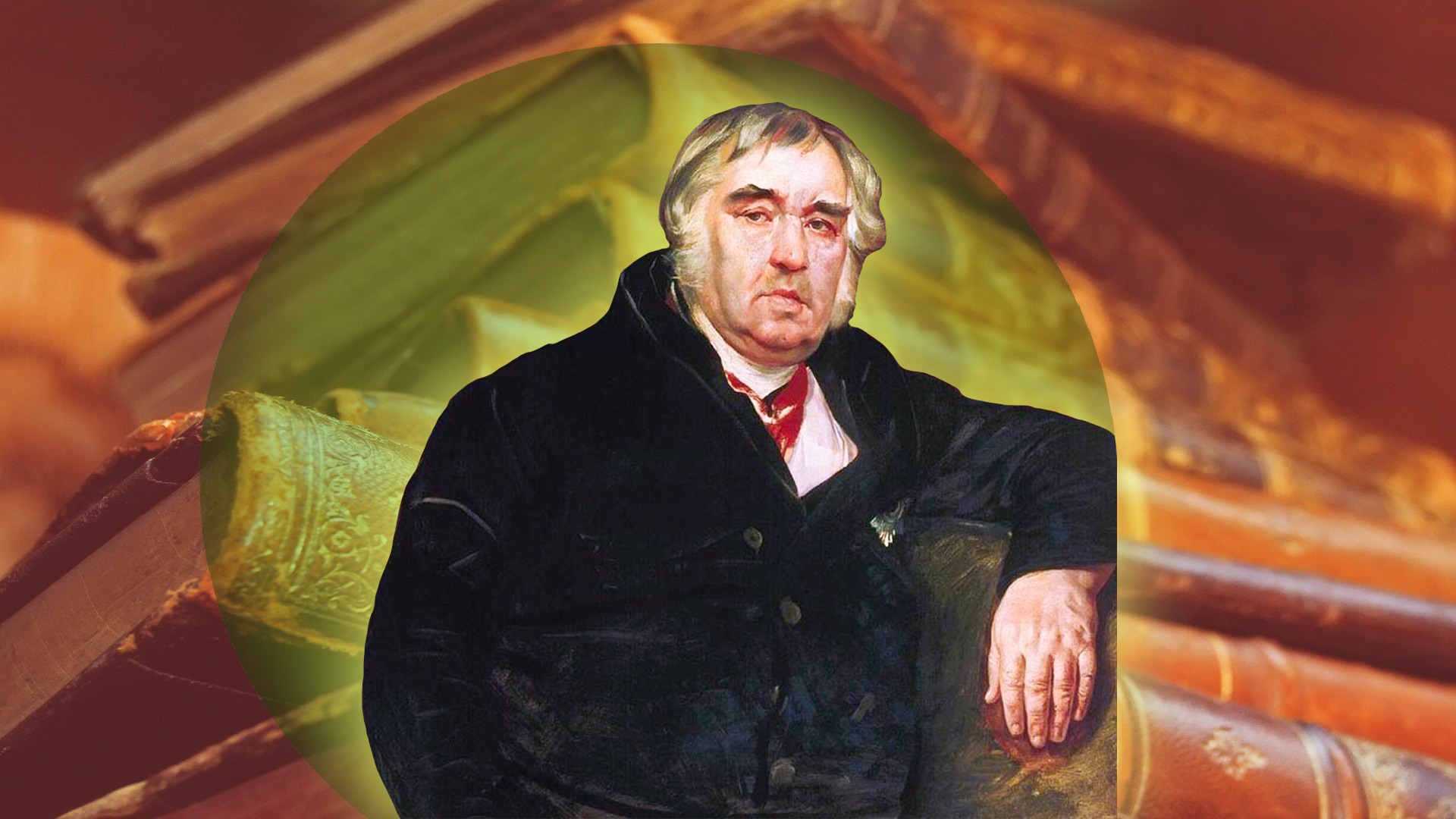
How Leo Tolstoy literally changed the world
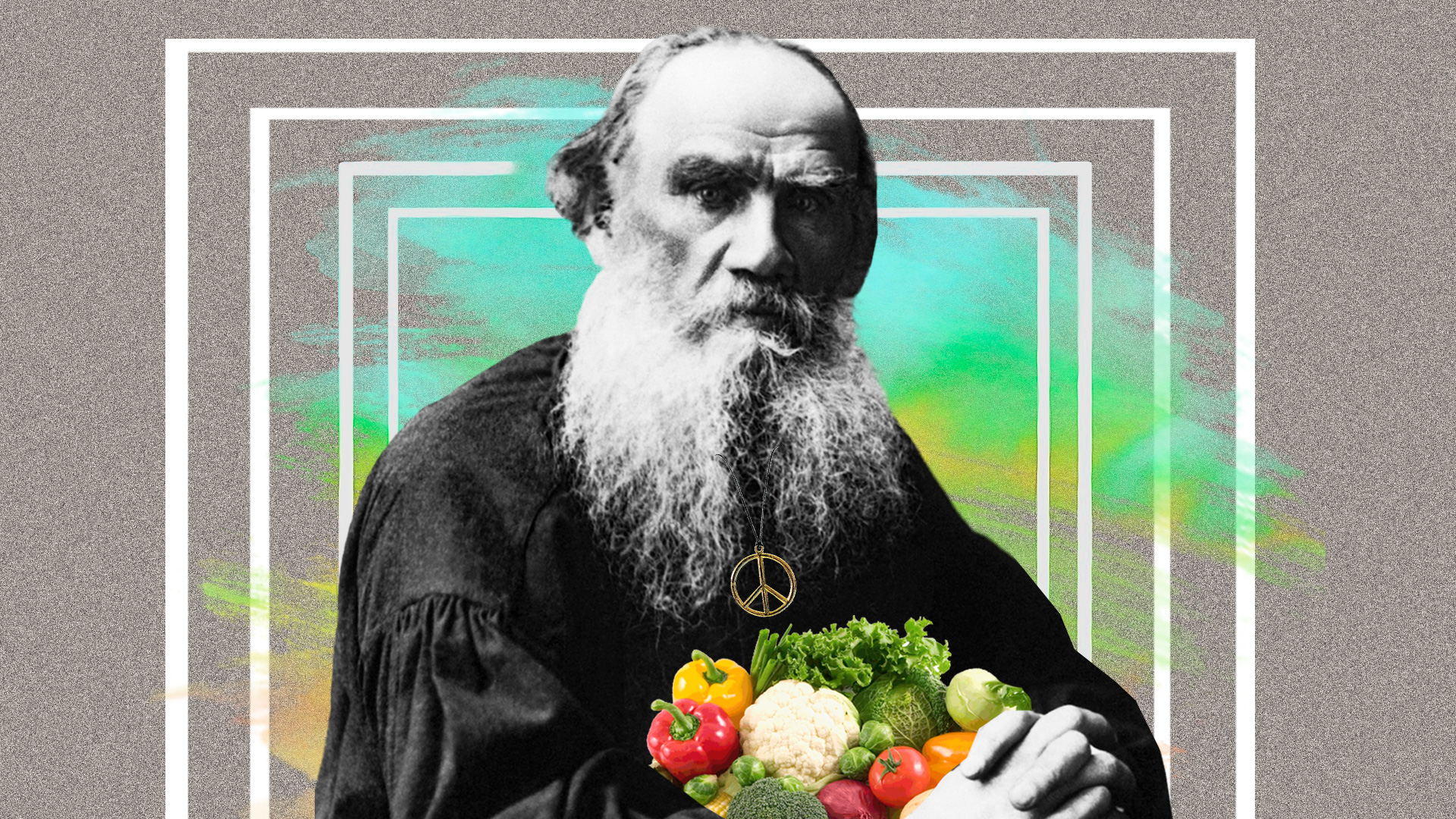
Vegetarianism
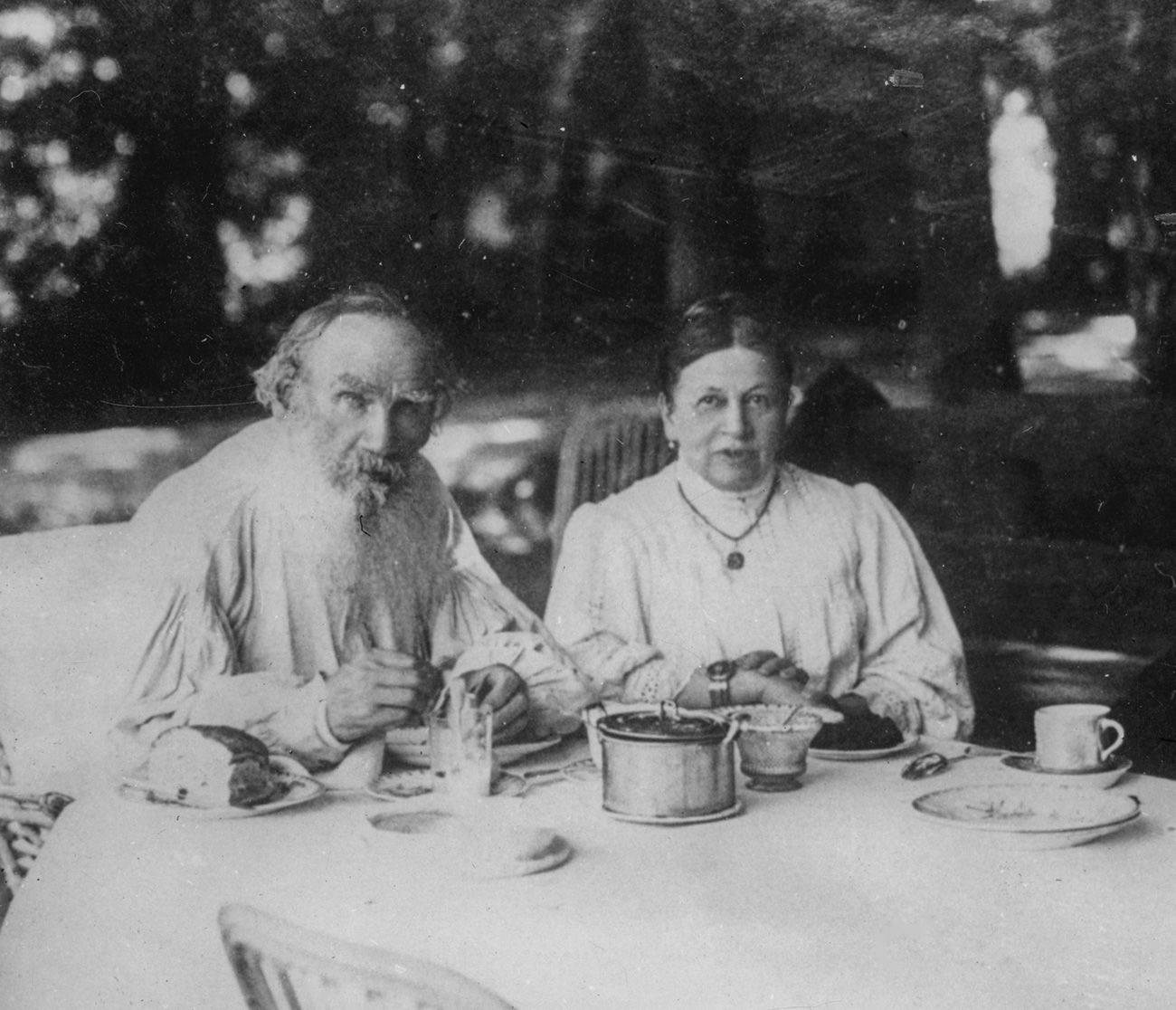 Leo Tolstoy with his wife Sofya Andreevna
Leo Tolstoy with his wife Sofya Andreevna
"My diet consists mainly of hot oatmeal, which I eat twice a day with wheat bread. In addition, for lunch, I have cabbage or potato soup, buckwheat porridge or potatoes, boiled or fried in sunflower or mustard oil, as well as prune and apple compote."
"My health has not only not suffered, but has significantly improved since I gave up milk, butter and eggs, as well as sugar, tea and coffee," wrote Tolstoy.
The writer adopted this diet in his mature years (after 50) and it was a logical continuation of two of his core ideas: abstinence as a path to a virtuous life and non-violence.
Condemnation of the death penalty
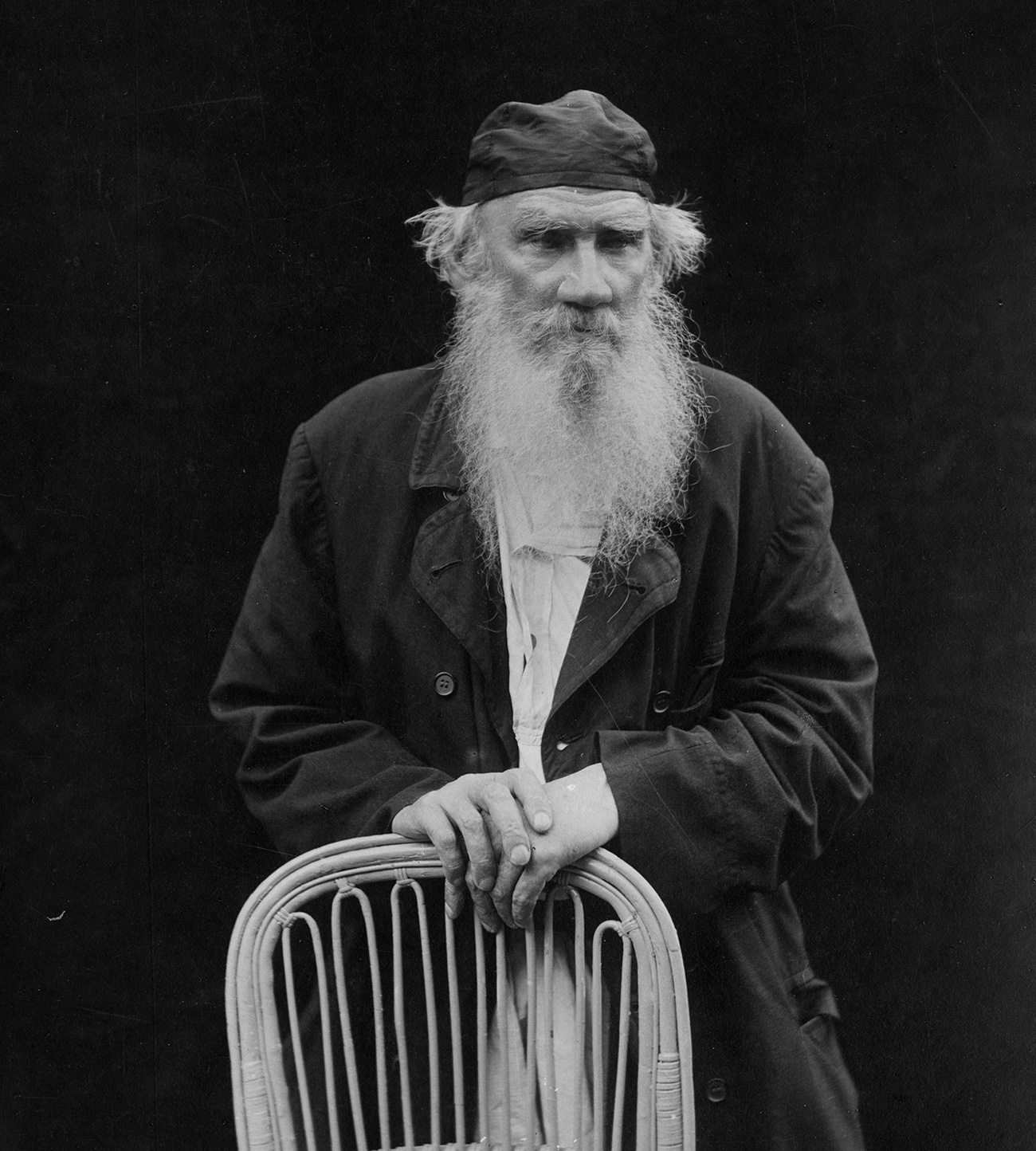
The topic of the death penalty was central to five of Tolstoy's articles and was the subject of his reflections for many years. Drawing on historical experience, he insisted that capital punishment was useless as a punishment. He believed that, if anything stops a person from committing evil deeds, it was the understanding of their harm both to others and to themselves.
His arguments against the death penalty were: the prohibition of any violence in the Christian religion and the Old Testament commandment: "Thou shalt not kill"; A decline in morale in society, since the death penalty justifies the use of force and weapons in the eyes of the people; the lack of a chance for those sentenced to reform; the likelihood of executing an innocent person; the ineffectiveness of this method of intimidation, which often turns the executed person into a martyr.
Pacifism
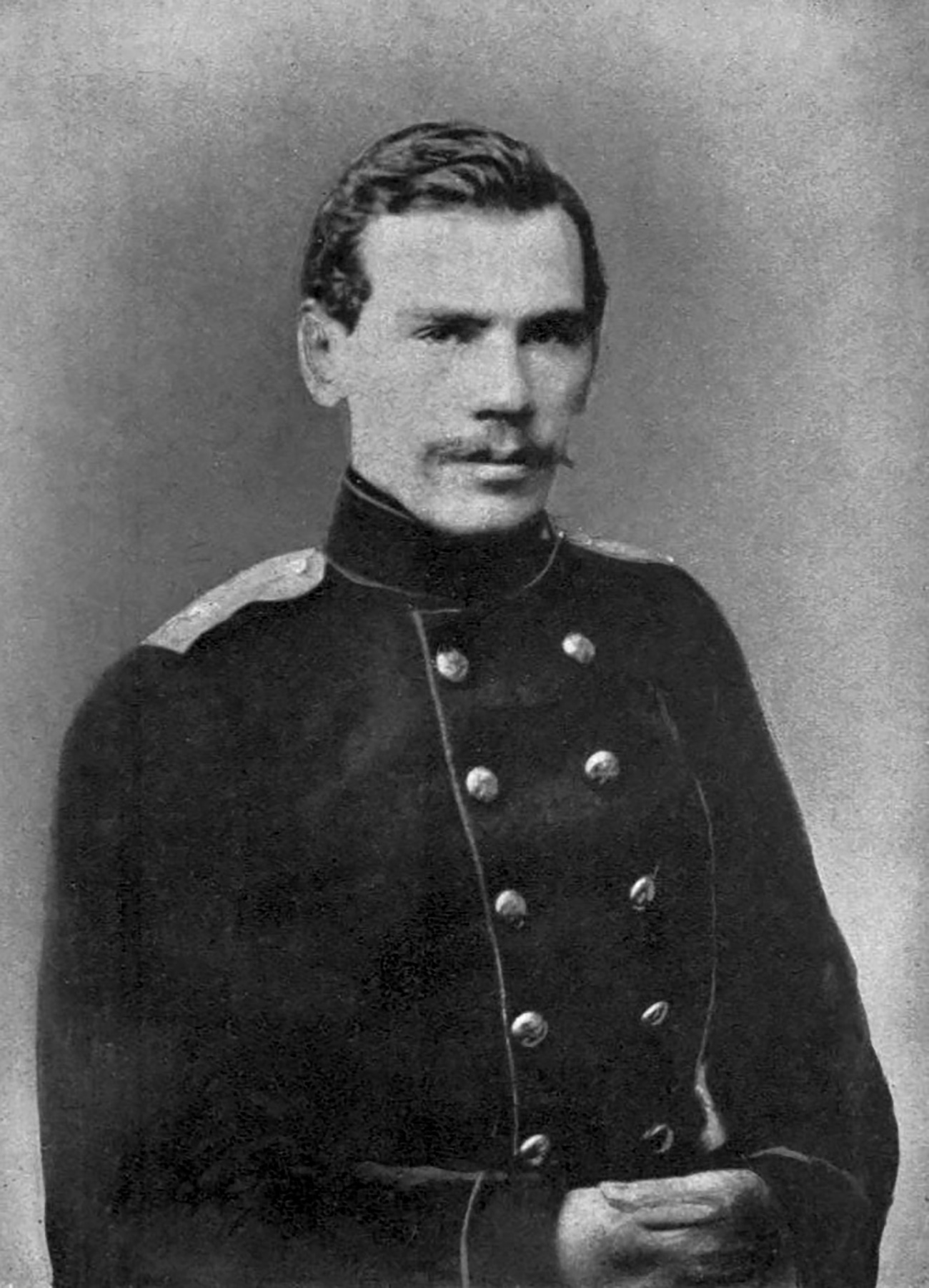 Tolstoy the officer
Tolstoy the officer
It’s well known that, during his four years and 10 months of military service, Tolstoy distinguished himself as an officer very well: He became renowned as a skilled horseman, possessed knowledge of mathematics, excelled as a fireworks master and regularly came up with sensible initiatives. For his conscientious service, he was awarded various orders and medals. He was also nominated for the St. George Cross three times, but, due to various circumstances, he never received it.
In 1856, he retired. And, with time, he increasingly embraced pacifism. His famous idea of non-violent resistance to evil took shape in the late 1880s and early 1890s. He entered into a friendly correspondence with pacifists from various countries and wrote an article entitled ‘What is My Faith?’ The result of these reflections is presented in his work ‘The Kingdom of God is Within You or Christianity Not as a Mystical Teaching, but as a New Understanding of Life’.
Pedagogy
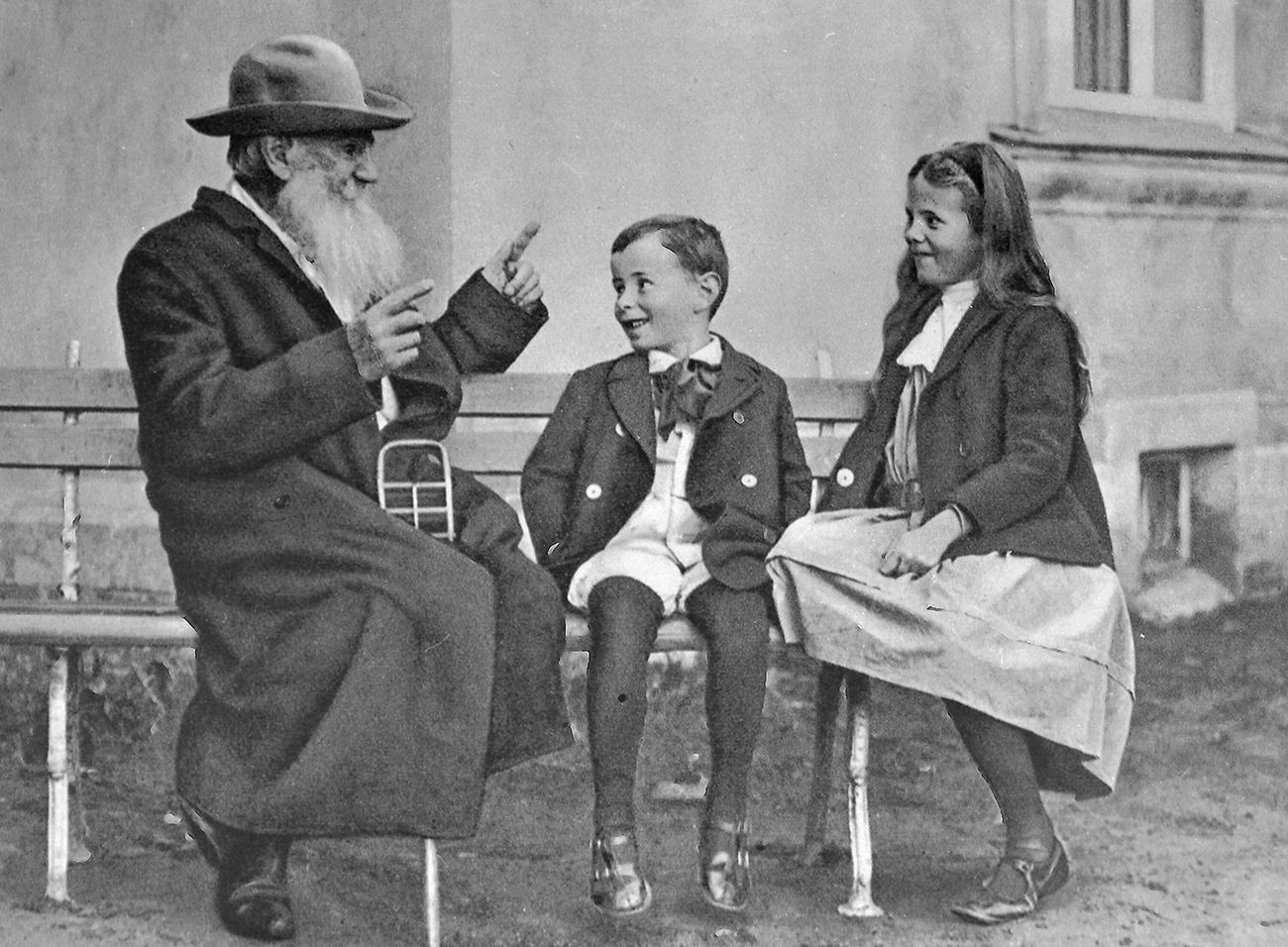
Another important idea of Tolstoy's was universal education. On his Yasnaya Polyana Estate, he opened what would now be called an experimental school for peasant children. He taught there along with several other teachers, who shared his principles.
Tolstoy, like French philosopher Jean-Jaques Rousseau, believed that children were born pure and that society and adults corrupted them. Therefore, he argued that teachers should not force children to learn. Instead, students should be given the freedom to choose their interests. The teacher, in turn, should help develop the good that already exists in the child.
The school Tolstoy founded had neither a strict curriculum nor seating rules. Children were seated randomly and the teacher's main goal was to engage the students in the learning process. Many of the writer's pedagogical ideas are similar to the educational system developed by Italian physician Maria Montessori.
Rejection of personal property
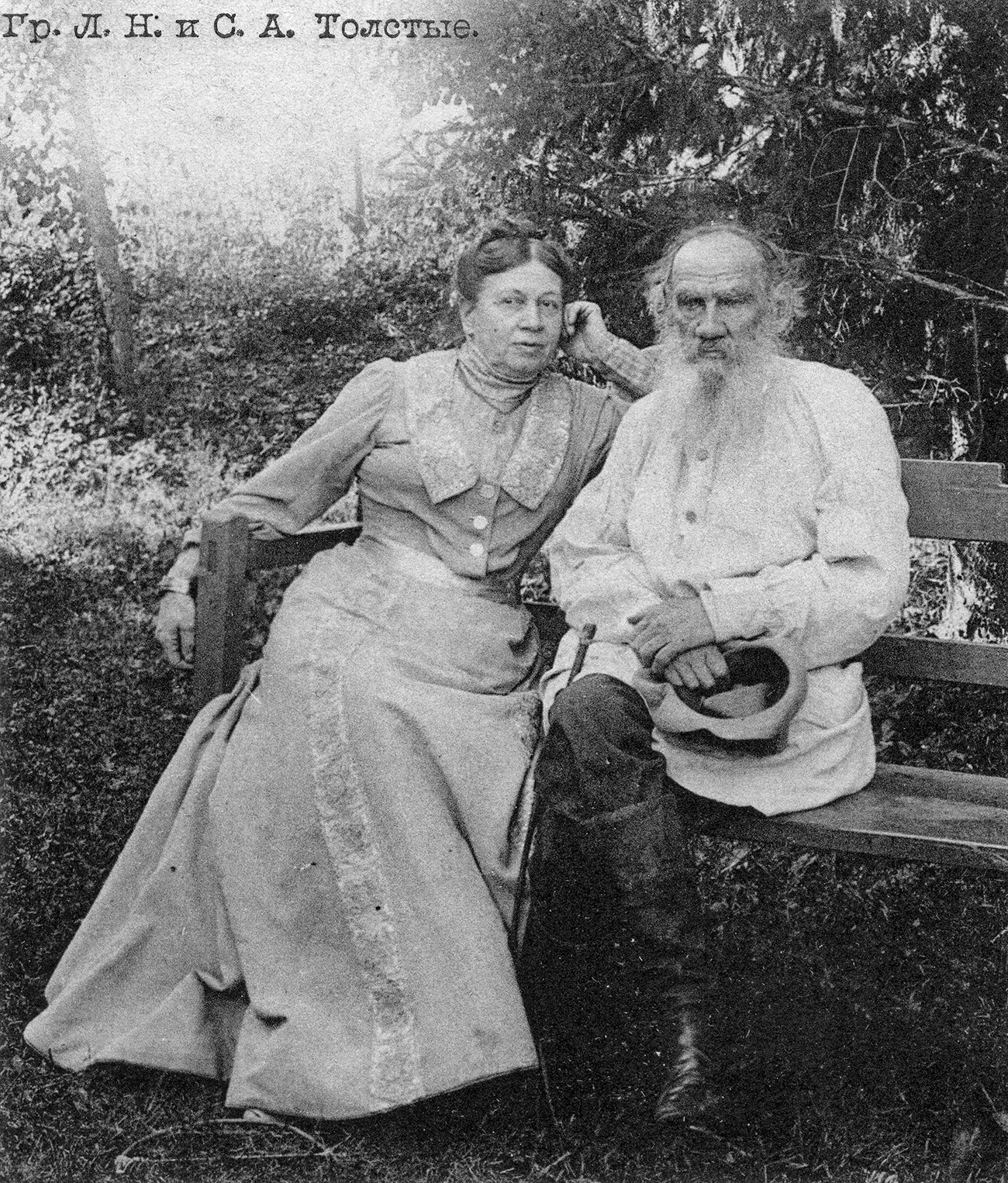
After the spiritual crisis of the early 1880s, when the famous writer claimed to have lost the meaning of life, his views on personal property changed radically. In 1891, he renounced the copyrights to his works written and published from 1881. He also developed a "communist" project for his family: to distribute most of his income and property to the poor and live a life of simplicity and hard work.
However, his plans met with fierce resistance from his loved ones. His wife even threatened to go to the tsar, throw herself at his feet and ask him to declare Tolstoy insane, so that he could be stripped of his right to manage his property. In 1884, he gave up on his family, handed over all property management to his wife and made his first attempt to leave home.


